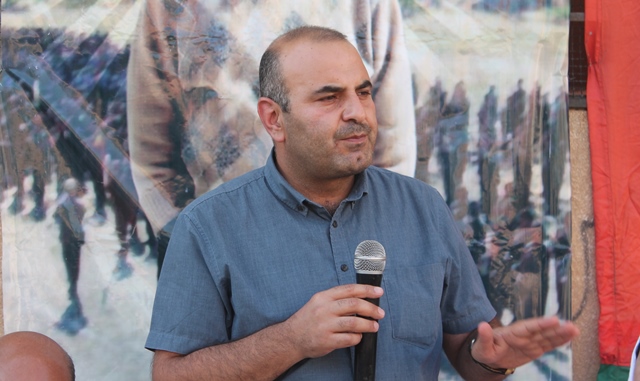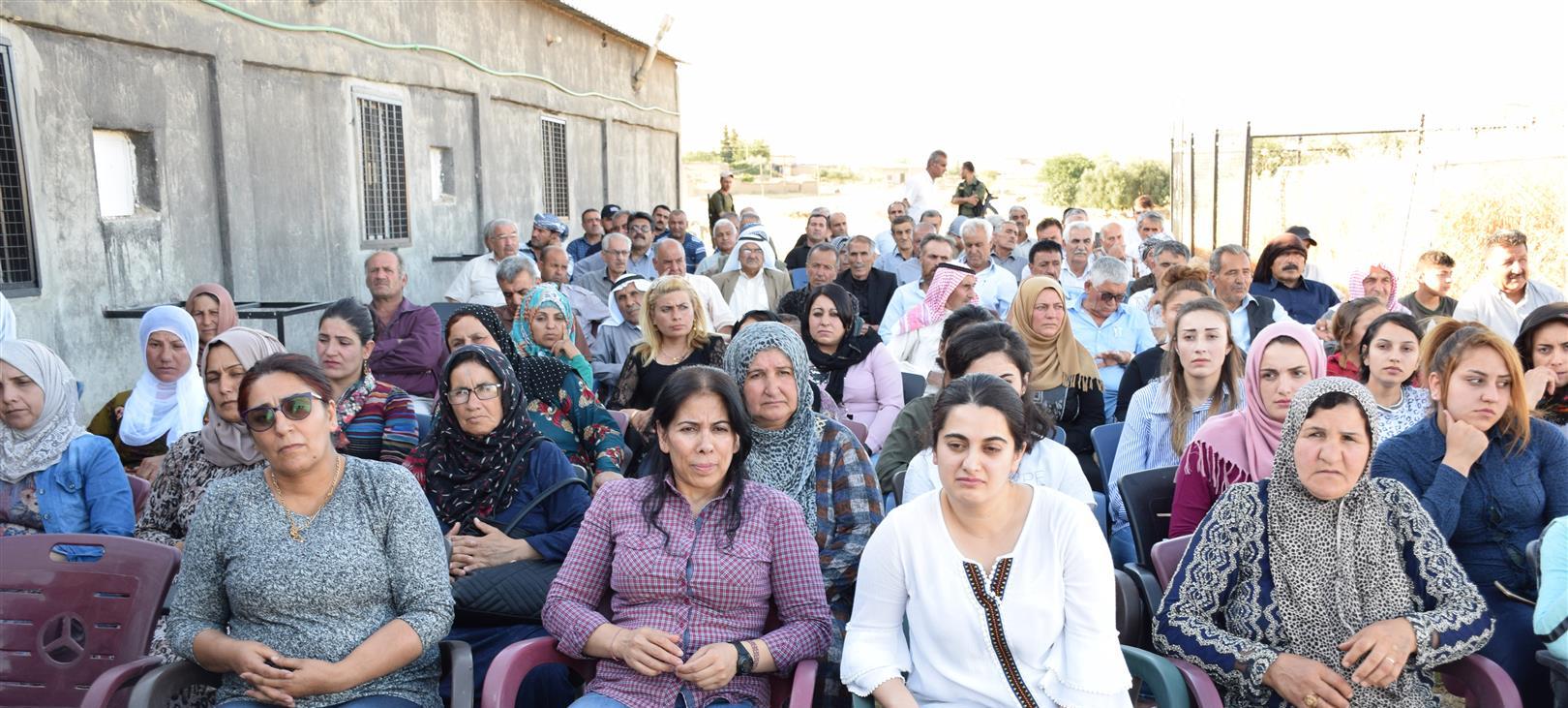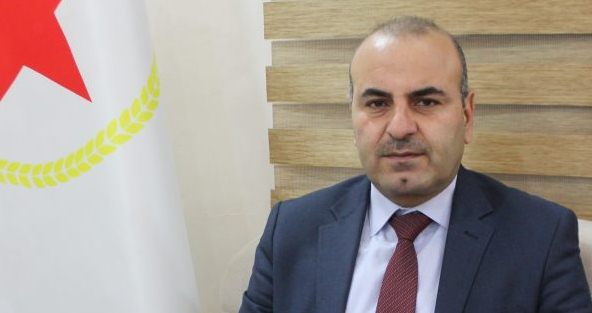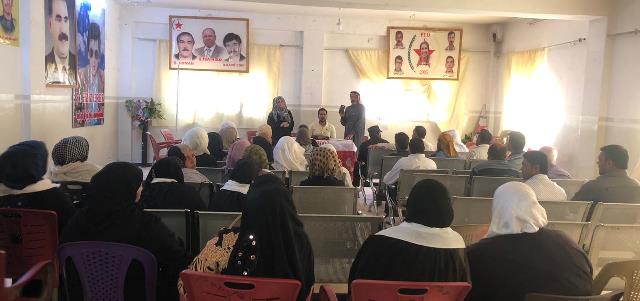Washington Post: Turkish dissidents remain jailed as thousands of inmates are released to avoid prison epidemic
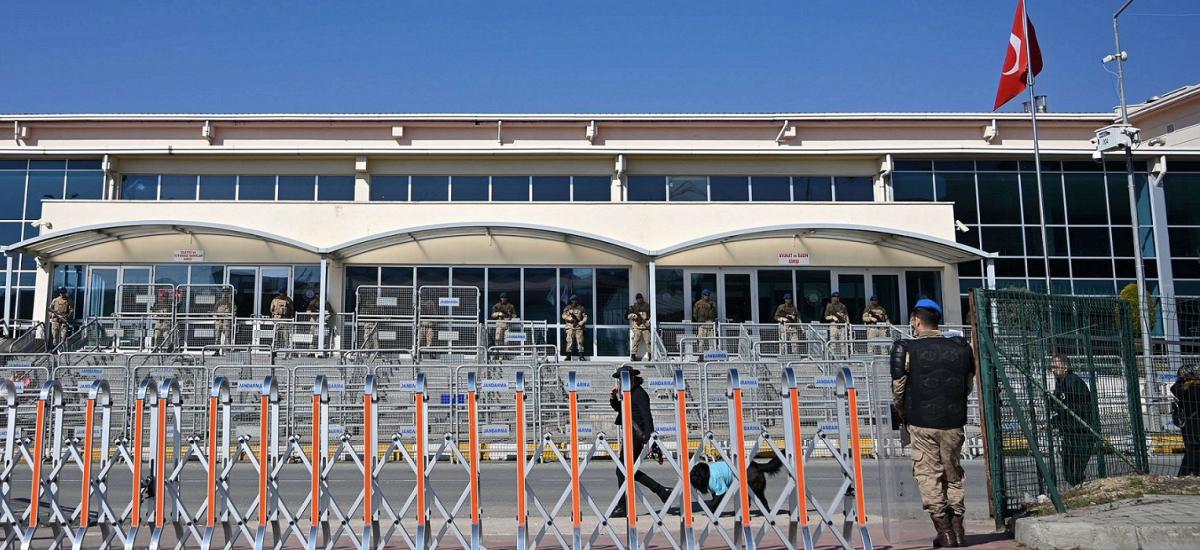
Turkey began releasing tens of thousands of prisoners last week to stop the escalating coronavirus outbreaks in its overcrowded prisons, while critical and high-risk deaths remained in prisons.
Parliament last week passed a law that would release tens of thousands of prisoners temporarily or permanently, but like Selma Altan, a rights defender prisoner, has been excluded from the lists of released prisoners on the pretext of “supporting terrorism”, lawyers and human rights groups say Turkish prosecutors have used charges of terrorism to imprison those who oppose the state, including opposition journalists and politicians, and civil society activists.
“Other prisoners are also at risk, or are awaiting trial or sentence, without evidence that they committed violence, incited violence or provided logistical assistance to outlawed armed groups,” said Human Rights Watch director in Turkey, either Sinclair Webb.
Among them are Othman Kavala, 63, a charitable businessman accused of inciting protests, Ahmed Altan, the 70-year-old novelist who was sentenced to more than 10 years in prison for aiding a “terrorist organization”, Salahuddin Demirtaş, lawyer, former co-chair of Turkey’s second largest opposition party, which suffers from heart disorders.
Turkey is seeking to contain one of the worst outbreaks of the disease in the world, with more than 90,000 people infected, more than the number officially announced by China or Iran, which are two early epidemics centers.
The virus has also spread to prison inmates, as it has infected more than 80 prisoners and three cases have died, according to the Turkish Minister of Justice and prosecutors in Izmir, and tests for the presence of 69 prison staff have also proven positive.
Across the region, governments have released prisoners to prevent the stampede of infection in enclosed spaces and the dirty conditions that exist in Middle East prisons. Iran released more than 85,000 prisoners last month, including some political prisoners.
The increase in Turkish prison inmates began in the wake of the failed coup in 2016, when authorities detained thousands of Fathullah Gulen followers, according to the Expression Interrupted organization and at least 101 journalists are still imprisoned.
Human rights groups praised the release of nearly a third of the approximately 300,000 prisoners in Turkey’s prisons, but said more prisoners should be released quickly, and in an open letter to the government last week, a group of freedom of expression organizations called on authorities to “act now to prevent the occurrence of a humanitarian catastrophe.”

